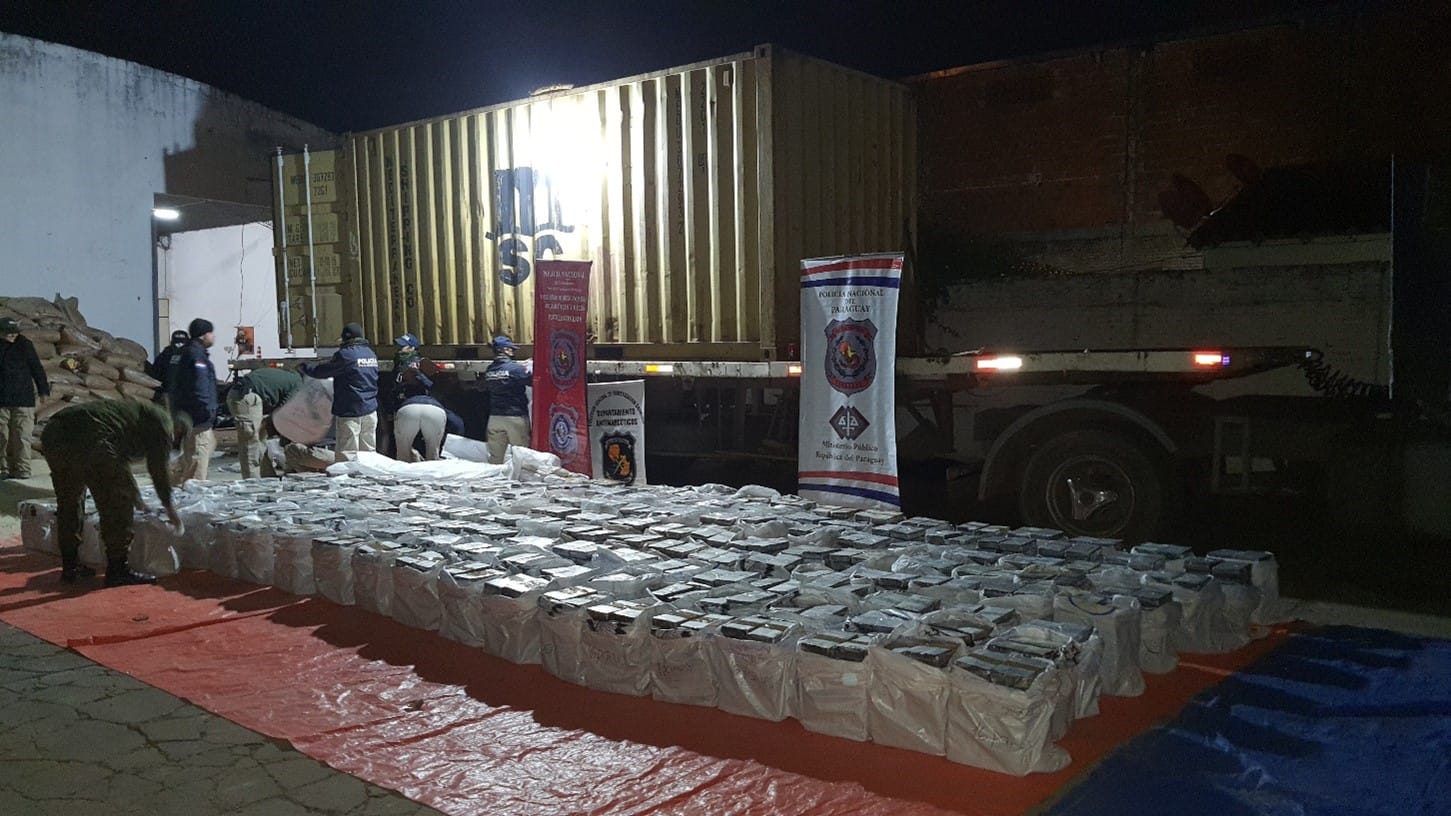The Dominican Republic has made history with its largest-ever cocaine seizure, dealing a significant blow to international narcotics trafficking. According to officials, the massive shipment of cocaine was confiscated in a joint operation between the country’s National Directorate for Drug Control (DNCD) and the United States’ Drug Enforcement Administration (DEA).
The seizure, which took place in the early hours of the morning, resulted in the confiscation of over 1,000 kilograms of cocaine, valued at an estimated $30 million. The shipment was reportedly hidden in a container shipment of frozen chicken, which was set to be transported to the port city of Caucedo.
Authorities have confirmed that the cocaine was of high purity and originated from Colombia, a country notorious for its cocaine production. The seizure is a significant milestone in the Dominican Republic’s efforts to combat organized crime and highlights the ongoing struggle against drug trafficking in the region.
The operation, code-named “Operation Frozen Chicken,” was the result of a months-long investigation involving intelligence gathering and surveillance. DNCD agents, working in conjunction with DEA officials, tracked the shipment from its origin in Colombia to its intended destination in the Dominican Republic.
“We are extremely proud of this achievement, which demonstrates our commitment to fighting against organized crime and narcotics trafficking,” said Edmundo Felix, Director of the DNCD. “This seizure is a major blow to the cocaine trade and sends a clear message to those involved in this illicit activity that we will not tolerate it in our country.”
The Dominican Republic has long been a key transit point for cocaine shipments destined for the United States and Europe. The country’s strategic location in the Caribbean, combined with its porous borders and corrupt institutions, has made it an attractive route for narcotics traffickers.
However, in recent years, the Dominican Republic has made significant strides in combating organized crime and narcotics trafficking. The country has implemented a range of measures, including increased security at ports and borders, improved intelligence gathering, and cooperation with international law enforcement agencies.
The seizure is also a testament to the strong partnership between the Dominican Republic and the United States in the fight against narcotics trafficking. The DEA has been working closely with the DNCD to provide training, equipment, and technical assistance to support the country’s efforts to combat organized crime.
“This seizure is a great example of the strong partnership between the United States and the Dominican Republic in the fight against narcotics trafficking,” said a DEA spokesperson. “We will continue to work together to disrupt and dismantle the networks of organized crime groups that seek to profit from the illicit drug trade.”
The seizure has sparked widespread praise from government officials and law enforcement agencies around the world. The United Nations Office on Drugs and Crime (UNODC) has congratulated the Dominican Republic on its achievement, highlighting the importance of international cooperation in the fight against narcotics trafficking.
The Dominican Republic’s success in seizing the massive cocaine shipment has also raised hopes that the country is turning a corner in its fight against organized crime. With the country’s economy growing and tourism industry booming, the government is keen to demonstrate its commitment to security and stability.
However, despite this significant achievement, the Dominican Republic still faces significant challenges in its fight against narcotics trafficking. Corruption remains a major issue, and the country’s institutions are often criticized for being weak and ineffective.
Moreover, the seizure has also raised concerns about the potential for retaliation from organized crime groups. In recent years, there have been several high-profile attacks on law enforcement officials and civilians in the Dominican Republic, highlighting the risks and challenges faced by those involved in the fight against organized crime.
As the Dominican Republic continues to grapple with the challenges of narcotics trafficking, the seizure serves as a reminder of the importance of international cooperation and the need for sustained efforts to combat organized crime.
In the coming months, the Dominican Republic is expected to continue its efforts to disrupt and dismantle the networks of organized crime groups involved in narcotics trafficking. With the support of international partners, including the United States, the country is determined to make further progress in its fight against this scourge.



